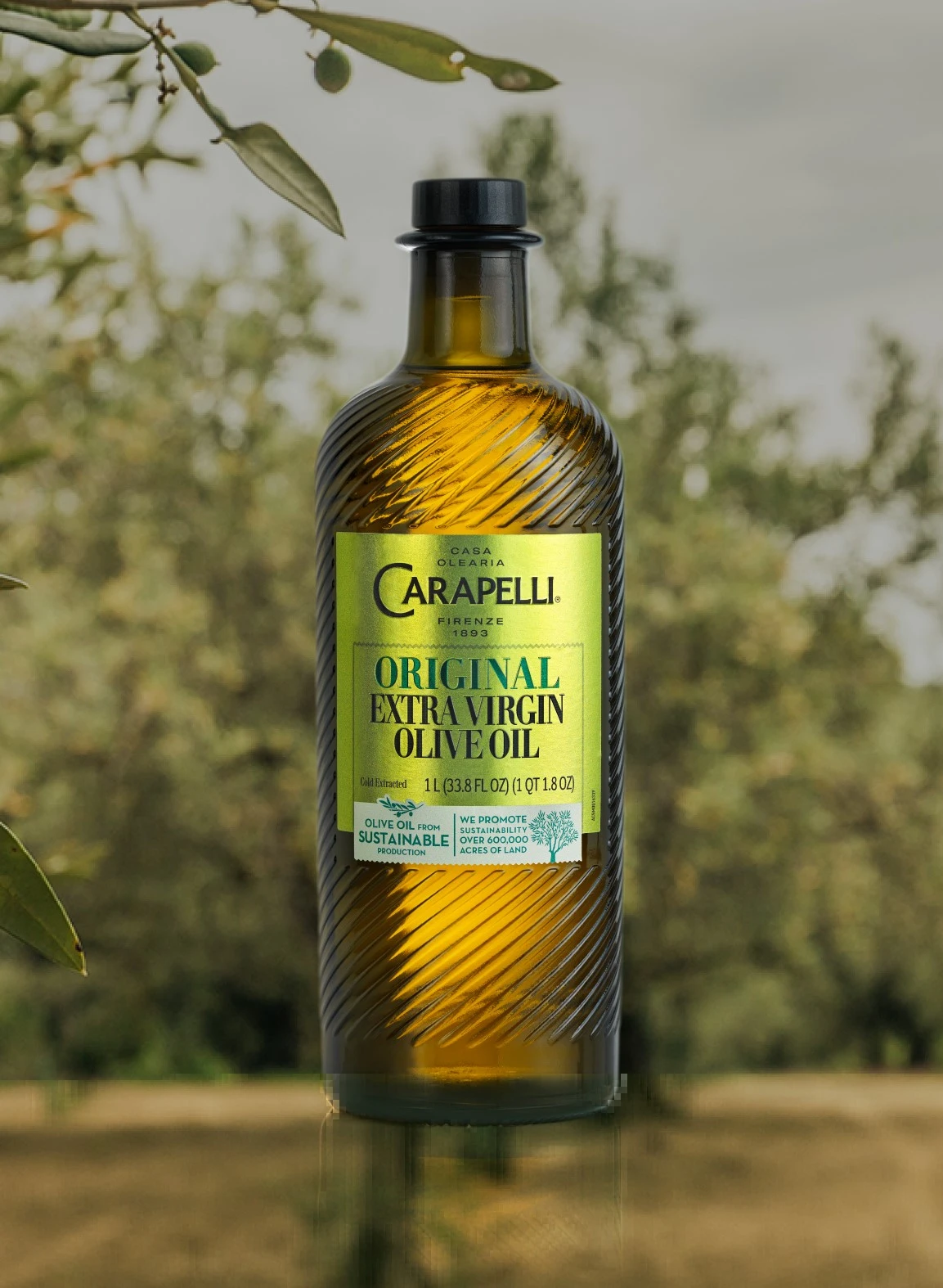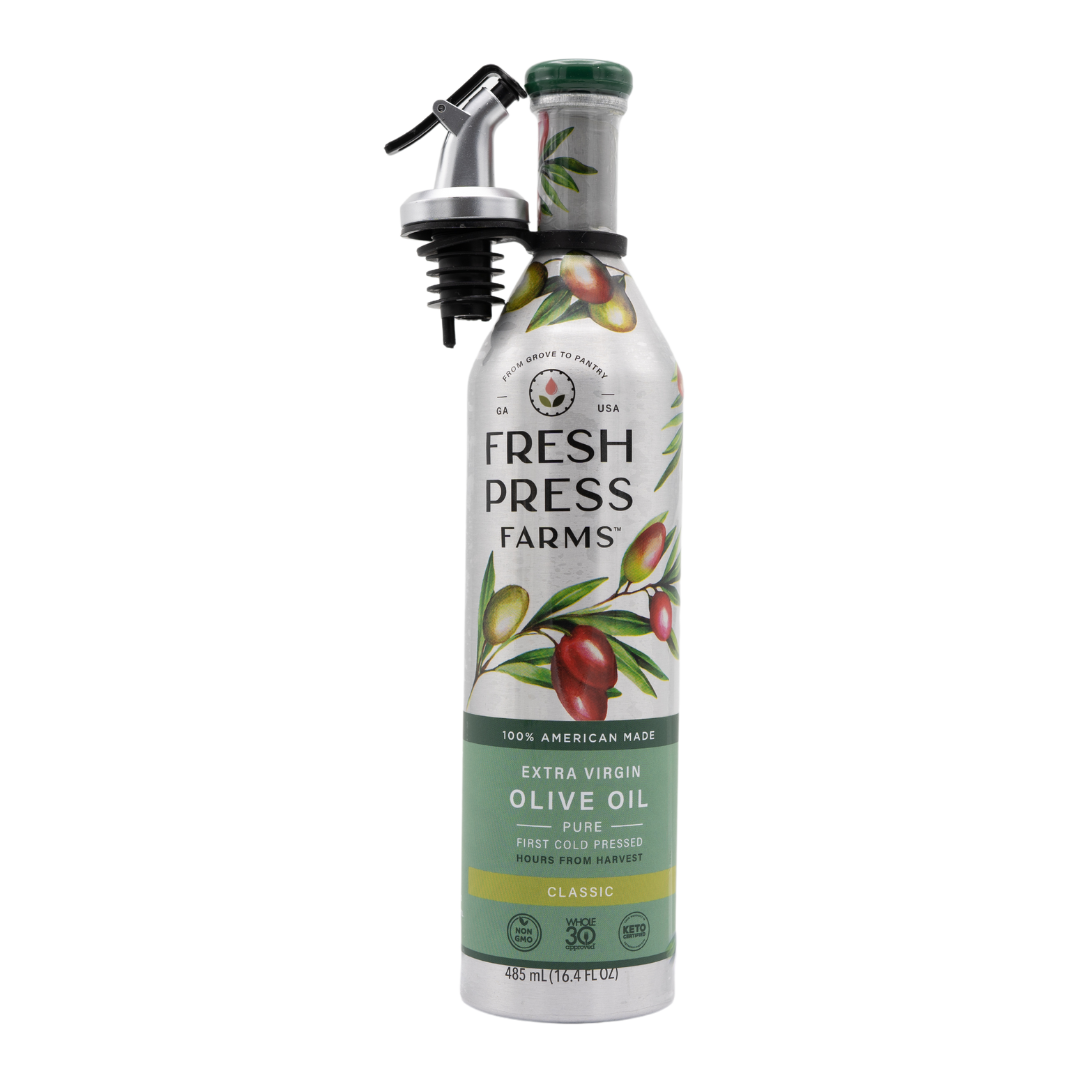Extra Virgin Olive Oil Benefits: How It Helps to Regulate Blood Sugar
Extra Virgin Olive Oil Benefits: How It Helps to Regulate Blood Sugar
Blog Article
Exploring the Various Sorts Of Olive Oil and Their Uses, Consisting Of Extra Virgin Olive Oil
The expedition of olive oil includes a diverse series of kinds, each offering cooking applications and distinct tastes. Extra virgin olive oil, renowned for its premium top quality and health advantages, functions as a staple in several kitchen areas, yet it is just one facet of this complex component. extra virgin olive oil benefits. Various other ranges, such as pure and refined olive oils, additionally necessitate attention for their unique properties and usages. Understanding these differences can significantly impact both food preparation techniques and taste accounts. What, then, should one take into consideration when selecting the right olive oil for a details culinary venture?
What Is Olive Oil?
Derived from the fruit of the olive tree, olive oil is a staple in Mediterranean cuisine and a crucial active ingredient in various culinary applications. This flexible oil is generated by pushing entire olives, resulting in a liquid that varies in flavor, scent, and shade relying on the sort of olives used, the region of growing, and the extraction procedure. Olive oil is primarily made up of monounsaturated fats, particularly oleic acid, which is known for its prospective health and wellness benefits, including anti-inflammatory properties and cardiovascular support.
In addition to its culinary uses, olive oil has a long background of application in traditional medicine and skincare, owing to its abundant antioxidant web content (extra virgin olive oil benefits). The oil is often used in dressings, sauces, and for cooking approaches such as sautéing and roasting. Its distinct flavor profile can boost the preference of different meals, making it a vital ingredient for both home chefs and specialist cooks
Additionally, olive oil is celebrated for its role in the Mediterranean diet regimen, which is related to countless health and wellness benefits. As awareness of these benefits grows, olive oil continues to get appeal worldwide as a fundamental component of a healthy and balanced way of life.
Types of Olive Oil
Recognizing the numerous kinds of olive oil is crucial for both culinary fanatics and health-conscious consumers. Olive oil is classified mostly based on its extraction approach and high quality, which dramatically influences its taste, health, and scent benefits.

Light olive oil, in spite of its name, refers to a lighter flavor and not reduced calories. It is suitable for those looking for a much more subtle preference in dressings and marinates. In addition, there are flavored olive oils infused with herbs, seasonings, or citrus, which can boost meals without the need for extra seasoning.
Each kind of olive oil offers details culinary purposes, and recognizing these differences permits customers to make informed options that align with their food preparation styles and wellness goals.
Bonus Virgin Olive Oil
Additional virgin olive oil (EVOO) is extensively considered as the finest olive oil offered, celebrated for its abundant flavor and many health advantages. To be categorized as extra virgin, the oil needs to be produced from fresh olives utilizing mechanical procedures, without using solvents or too much heat. This thorough technique maintains the oil's natural flavors, anti-oxidants, and healthy fats, look here leading to a product with a low level of acidity level of less than 0.8%.
EVOO is bountiful in monounsaturated fats, particularly my company oleic acid, which is linked to lowered inflammation and boosted heart health and wellness. It additionally includes polyphenols, effective anti-oxidants that might provide safety results versus persistent conditions. The flavor profile of EVOO can differ substantially depending on the olive range and area of manufacturing, varying from grassy and fruity to robust and peppery.

Culinary Utilizes of Olive Oil

In cooking, olive oil can be used for sautéing, roasting, and grilling, giving a much healthier choice to butter or various other fats. Its high smoke point makes it suitable for numerous cooking techniques, while its anti-oxidants add to a heart-healthy diet. Drizzling olive oil over ended up recipes, such as pasta, fish, or barbequed vegetables, can elevate flavors and add a touch of elegance.
Moreover, olive oil plays a substantial function in baking, where it can change standard fats in recipes for bread and breads, giving wetness and a subtle preference. It likewise acts as a base for instilled oils, enabling chefs to trying out flavors such as garlic, herbs, or chili, further increasing its cooking potential. On the whole, olive oil's adaptability makes it important in both home and professional kitchen areas.
Picking Top Quality Olive Oil
When selecting top quality olive oil, it's vital to consider a number of key aspects that influence the item's scent, taste, and health and wellness advantages. Decide for extra virgin olive oil (EVOO), which is obtained from the initial cold pushing of olives and has the highest levels of anti-oxidants and useful compounds. Try to find oils that are licensed by recognized companies, as this often guarantees adherence to rigid top quality standards.
The packaging likewise plays a considerable duty in protecting the oil's integrity. Select oils saved in dark glass containers or tins to shield versus light degradation. Pay attention to the harvest date; fresher oils provide remarkable taste and dietary worth, so pick items that are within 18 months of their harvest.
In enhancement, consider the origin of the oil. Top quality olive oils typically originate from details areas recognized for their distinctive taste accounts, such as Italian, Spanish, or Greek oils. Ultimately, recognize the preference; a top quality olive oil ought to have an equilibrium of fruity, bitter, and peppery notes, indicating its richness and complexity. By examining these aspects, you can ensure you are choosing the most effective olive oil for your cooking requirements.
Verdict
In More about the author summary, the exploration of numerous types of olive oil discloses distinct attributes and applications, with extra virgin olive oil standing for the pinnacle of high quality due to its reduced acidity and high antioxidant material. Recognizing the different selections of olive oil allows for informed options in food preparation methods, advertising much healthier practices while enhancing the total gastronomic experience.
Derived from the fruit of the olive tree, olive oil is a staple in Mediterranean cuisine and a vital ingredient in different cooking applications.The most common types of olive oil include improved olive oil, pure olive oil, and light olive oil.Bonus virgin olive oil (EVOO) is widely related to as the highest possible quality olive oil available, renowned for its abundant taste and numerous health and wellness advantages. Decide for added virgin olive oil (EVOO), which is derived from the first chilly pressing of olives and consists of the highest possible degrees of antioxidants and advantageous compounds.In recap, the expedition of different kinds of olive oil discloses distinctive attributes and applications, with additional virgin olive oil standing for the peak of quality due to its low acidity and high antioxidant material.
Report this page